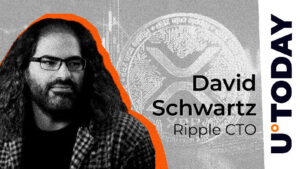South Korea’s nominee for FSC chair, Kim Byoung-hwan, expressed caution about corporate crypto transactions, signaling opposition to spot Bitcoin ETFs.
South Korea‘s nominee to head the Financial Services Commission (FSC), Kim Byoung-hwan, voiced caution on Monday regarding the allowance of bank accounts for corporate crypto transactions, emphasizing the need to prioritize investor protection, Korea’s news agency Yonhap reports.
Kim, a former vice finance minister nominated as the FSC chief earlier in July, made the comments during a parliamentary session in response to a lawmaker’s inquiry about the necessity of South Korea permitting crypto accounts for corporations.
You might also like: Bitcoin ETFs under review by South Korean regulators, FSS governor shares insights
“Taking into consideration the chaos we have experienced in the virtual asset market in the past, the current policy should prioritize investor protection,” Kim stated, highlighting the potential risks associated with such a move.
When asked about the possibility of giving the green light to spot Bitcoin exchange-traded funds (ETFs) in South Korea, Kim adopted a similarly cautious stance, noting the need for financial authorities to assess the implications on financial market stability.
South Korea’s stance on crypto
South Korea’s crypto market has experienced regulatory scrutiny over the past few years as the government has implemented strict regulations to combat money laundering and protect investors. As a result, this forced multiple crypto exchanges like Huobi Korea, Cashierest, and Coinbit to shut down their services in the country.
Despite the growing global interest in crypto ETFs, South Korea has yet to legalize them, and there are still concerns that such a move would harm the local economy.
The primary concerns revolve around market stability and investor protection. In late June, the Korea Institute of Finance flagged the risks sport Bitcoin ETFs pose to the nation’s economy, saying these products would require issuers to hold and actively trade virtual assets, which are highly volatile compared to traditional alternatives.
Read more: Korean authorities under pressure amid US, Hong Kong crypto ETF moves
Read the full article here









